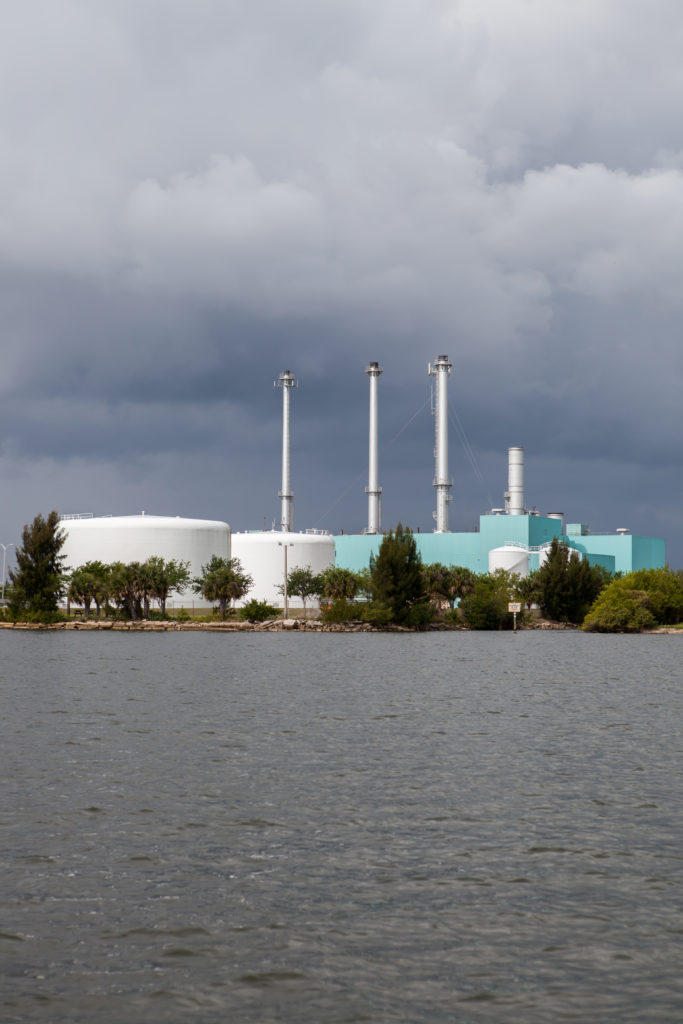A long-awaited Florida Public Service Commission staff recommendation was released late last week with some good news for Vero Beach, but with some complex analysis that will keep supporters of the sale of the city’s electric utility to Florida Power & Light on tenterhooks until the PSC meets next week.
The good news was the PSC staff recommendation that the Commission on June 5 approve the sale and amend FPL’s service territory to include Vero’s 34,000 customers in and outside the city.
This positive sign should not be overlooked, said utility activist and CPA Glenn Heran. “Don’t forget that those first two recommendations in the report are significant victories.”
But in a 23-page document loaded with detailed financial and legal analysis, the PSC staff indicated it doesn’t think acquiring Vero’s 34,000 customers warranted FPL’s $185-million-plus purchase offer.
What this will mean to the sale remains to be seen. The PSC staff did not in its report posit its own view of a fair purchase price, but the possibility of the full commission insisting that the gap between $185 million and some lesser value be bridged by FPL – either out of shareholder funds or by imposing a temporary “surcharge” on the utility bills of the acquired Vero customers – cannot be excluded.
The lion’s share of the $185 million FPL agreed to pay is going to buy Vero out of its entanglements with the Florida Municipal Power Agency (a $108 million exit fee) and its wholesale power purchase contract with Orlando Utilities (another $20 million).
FPL officials have long maintained that the Vero electric acquisition has been carefully crafted in such a way that its existing 4.9 million customers would not be adversely impacted – a key issue for the PSC – and former Shores Mayor Brian Barefoot expressed confidence FPL and the PSC would negotiate a solution.
“There’s a lot of pressure on the PSC to get this thing done. There would be a public outrage if the commissioners deny it,”Barefoot said.
FPL can continue to negotiate with the PSC staff, and with aides to the commissioners, but parties to a potential agency action cannot petition the five PSC members directly, and aides are not allowed to funnel information back to commissioners from FPL. So it’s a somewhat complex dance for FPL’s legal and financial team.
FPL declined to address the possibility of a “surcharge” on newly acquired Vero electric customers.
Spokesperson Sarah Gatewood said “we are reviewing the staff’s recommendation and look forward to discussing our petition further with the Commission on June 5.”
Vero City Manager Jim O’Connor and Mayor Harry Howle said they were awaiting a full briefing from FPL on what the PSC report means and what options might be available. “It is still under review by FPL to determine what is being said,” O’Connor said.
Vero rates are currently 27 percent higher than FPL’s rates for the same amount of power consumed. Should Vero ratepayers be subjected to a “surcharge,” it could mean paying the current Vero rates a while longer.
Or FPL could convince the PSC that it can absorb the full $185 million without impacting its customer base.
Given some of the main reasons for the sale – improved reliability, and elimination of the risks faced by Vero if it continues to operate an aging utility system – turning over the keys now to FPL, then getting low FPL rates later, might still be a good deal for the city compared to being stuck in the utility business.
The unanimous approval by FMPA members of Vero’s release from the FMPA is an achievement that was once said to be impossible – but the $108 million exit penalty FMPA members agreed to is only good for a finite period. In short, the closing had better happen before the deal starts falling apart.

